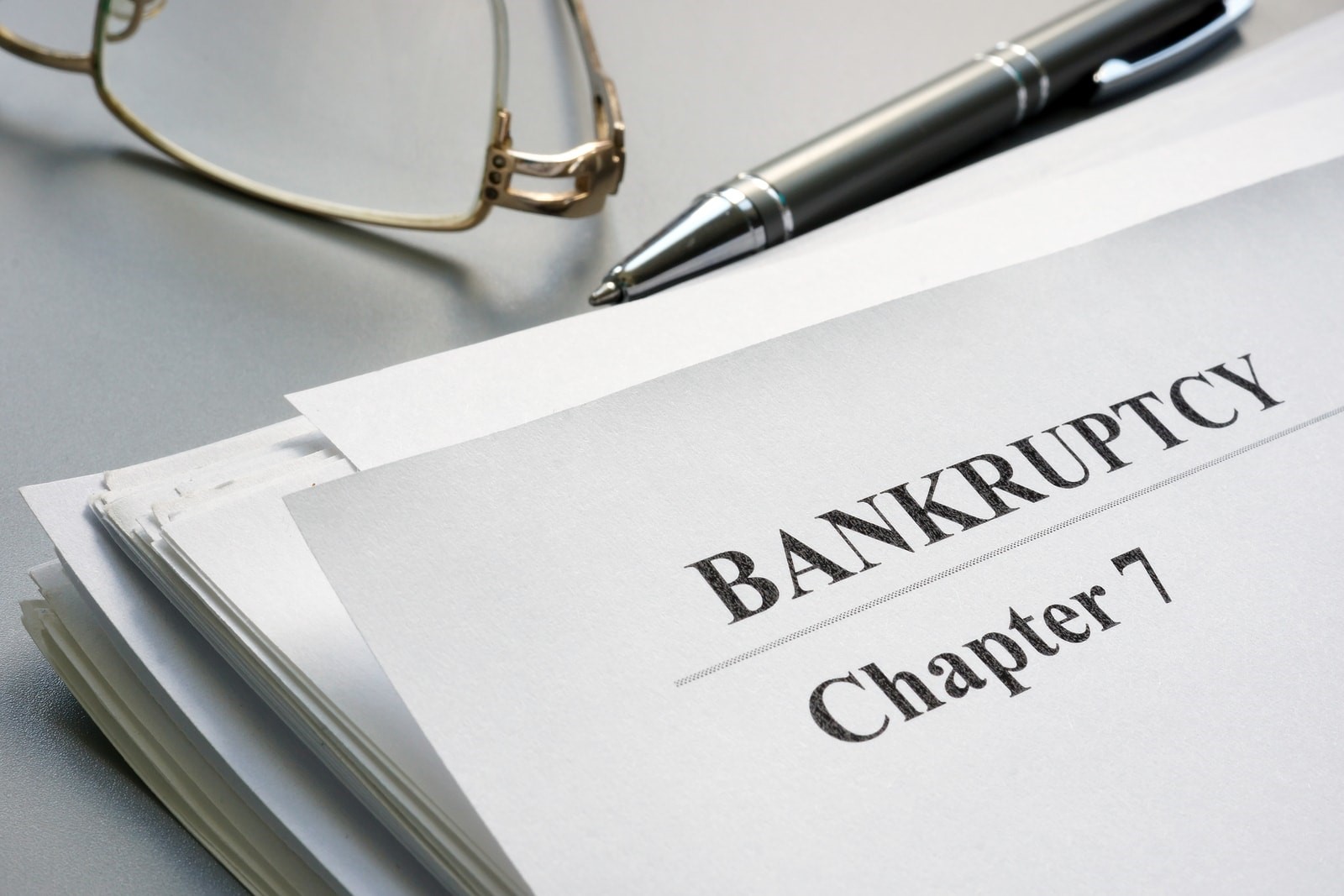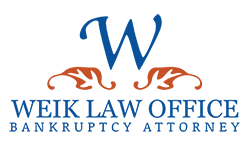GET HELP TODAY

Individuals struggling with debt have an option to file for either Chapter 7 or Chapter 13 bankruptcy. A Chapter 7 bankruptcy allows debtors to wipe the slate clean and start over with no outstanding debts. Under the law, a debtor must qualify for Chapter 7 bankruptcy by meeting certain criteria. Eligibility for this type of bankruptcy is best determined with the assistance of bankruptcy lawyers in Raleigh, NC, as it requires a thorough examination of the debtor’s financial status.
Chapter 7 Bankruptcy Requirements
To qualify for Chapter 7 bankruptcy in North Carolina, a debtor must meet the following requirements:
- Have a Family Income Below the State’s Median Income
All Chapter 7 bankruptcy petitioners are required to take a means test. This bankruptcy means test compares the debtor’s family income to the median income of their state. If the income falls below the median for the size of the debtor’s family, the debtor may file for Chapter 7 bankruptcy. North Carolina’s median family income varies depending on the household size:
• Two people – $50,700
• Three people – $55,000
• Four people – $63,700
Debtors whose income falls below the median for their household size automatically pass the mean test. Chapter 7 bankruptcy lawyers in Raleigh, NC advise those with incomes higher than the median to complete the rest of the evaluation.
- Pass the Means Test
The means test assesses the bankruptcy petitioner’s income, expenses, and other living costs to see if they fit the figures within Chapter 7’s coverage. The test determines the debtor’s financial capacity by deducting certain monthly costs from the debtor’s current monthly income to identify their “disposable income.” The “current monthly income” refers to the debtor’s average over six months before their bankruptcy petition. Those with high disposable income have low chances of qualifying for Chapter 7 bankruptcy.
Take note: Only bankruptcy petitioners with primarily consumer debts are required to take the exam.
Chapter 7 Bankruptcy Considerations
Aside from passing the means test, debtors must also consider the following to ensure their eligibility for Chapter 7 bankruptcy:
- Recent Bankruptcy Filings
Debtors who filed a Chapter 7 or 13 bankruptcy within 180 days, regardless of whether the petition pushed through or not, may have to wait longer before filing for another Chapter 7 bankruptcy. This is why bankruptcy lawyers in Raleigh, NC, require detailed and accurate records of their client’s finances and past filings.
- Limits on Previous Bankruptcies
A debtor will not qualify for bankruptcy if:
• They had discharged debts through Chapter 13 bankruptcy within the past six years
• They had a Chapter 7 bankruptcy that was processed through discharge within the last eight years.
Debtors who filed for Chapter 13, but did not get a discharge, are still allowed to apply for Chapter 7 bankruptcy.
- Allegations of Fraud and Abuse
Debtors might not be eligible for Chapter 7 bankruptcy in North Carolina if they filed a bankruptcy case within the last 180 days that was dismissed due to a court order violation. Those who previously filed cases that were proven to be fraudulent or abusive of the court’s system are also ineligible for Chapter 7.
File for Chapter 7 Bankruptcy with Confidence
Study your financial situation and make sure you meet all the qualifications for Chapter 7 before petitioning for bankruptcy. Declare your financial status with a Chapter 7 bankruptcy lawyer in Raleigh to stay on top of the entire process. Call Weik Law Office today at 919-845-7877 for a free consultation, and set up a time to speak with one of our caring professionals.
